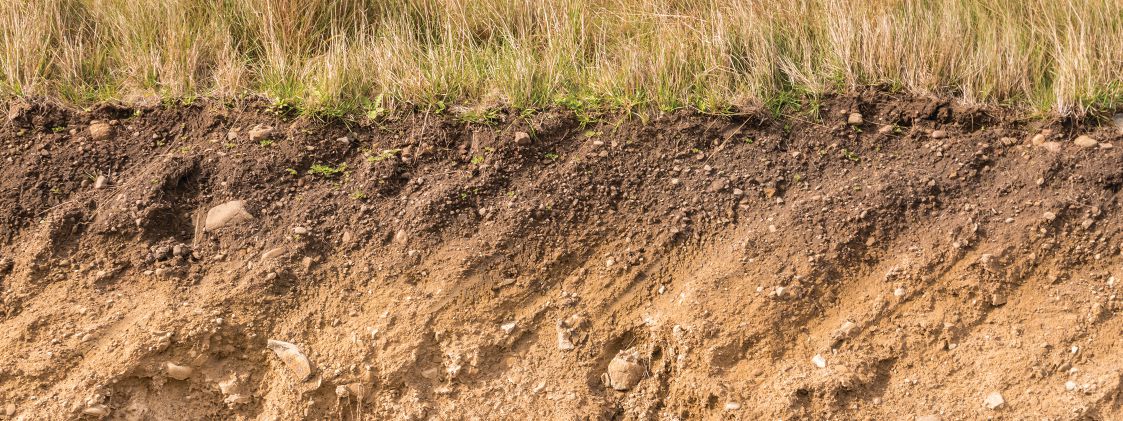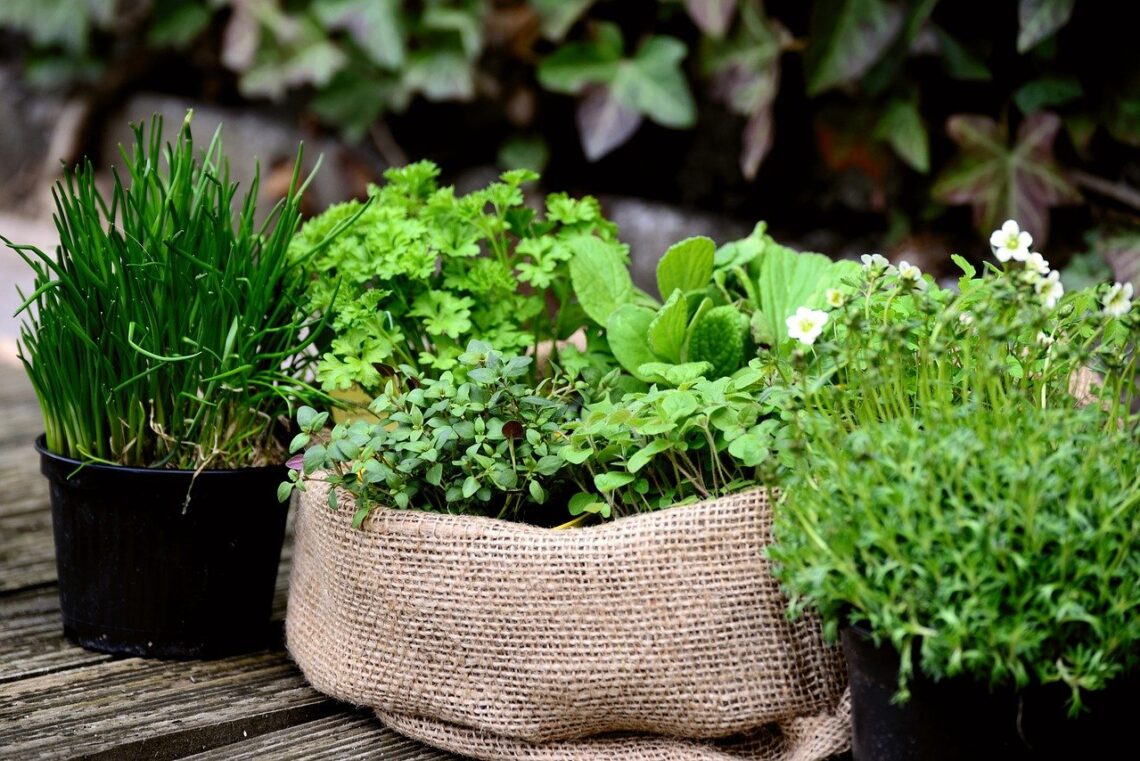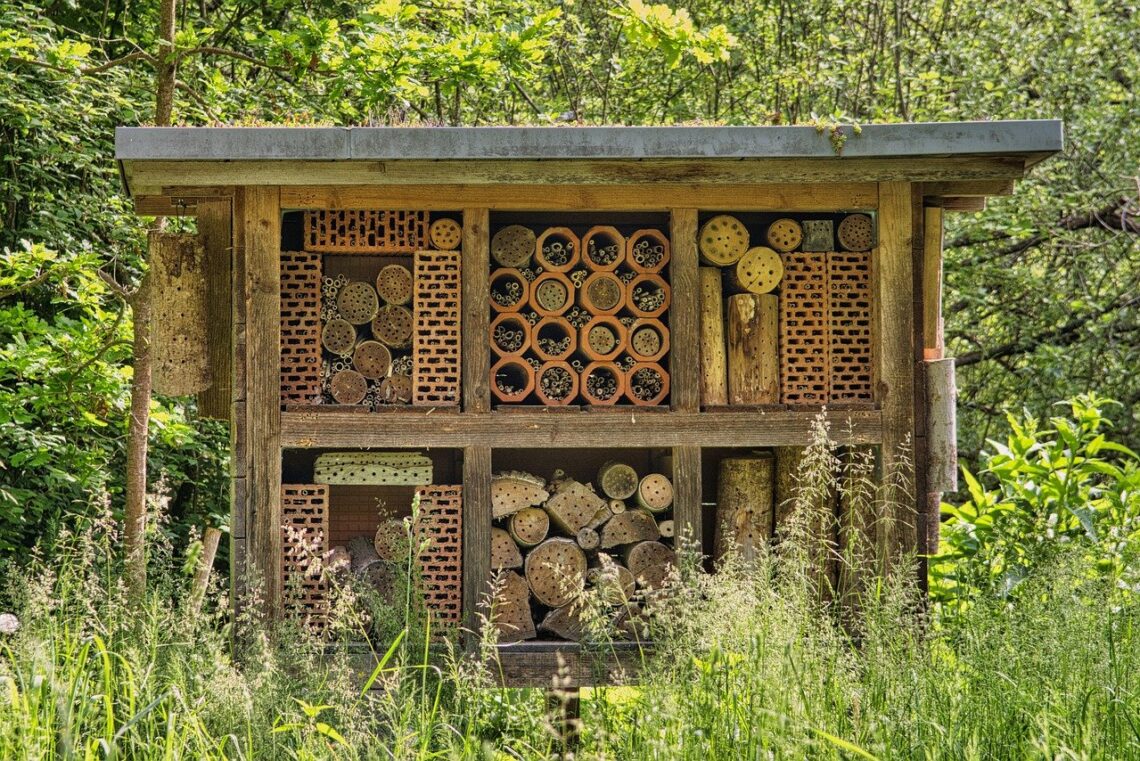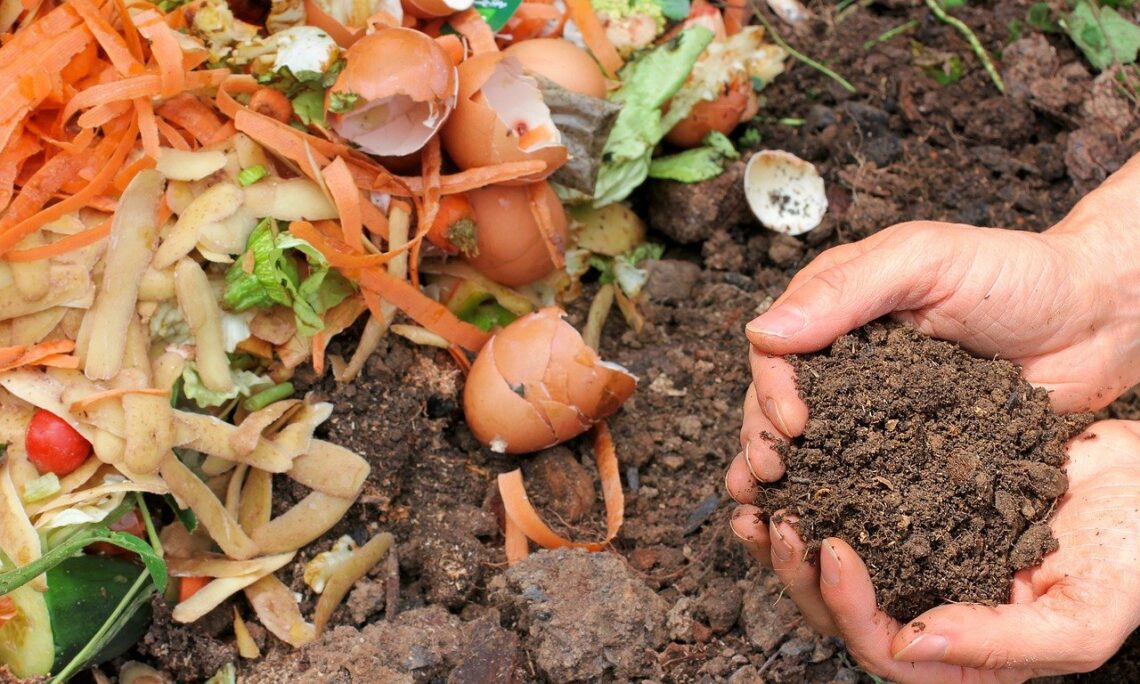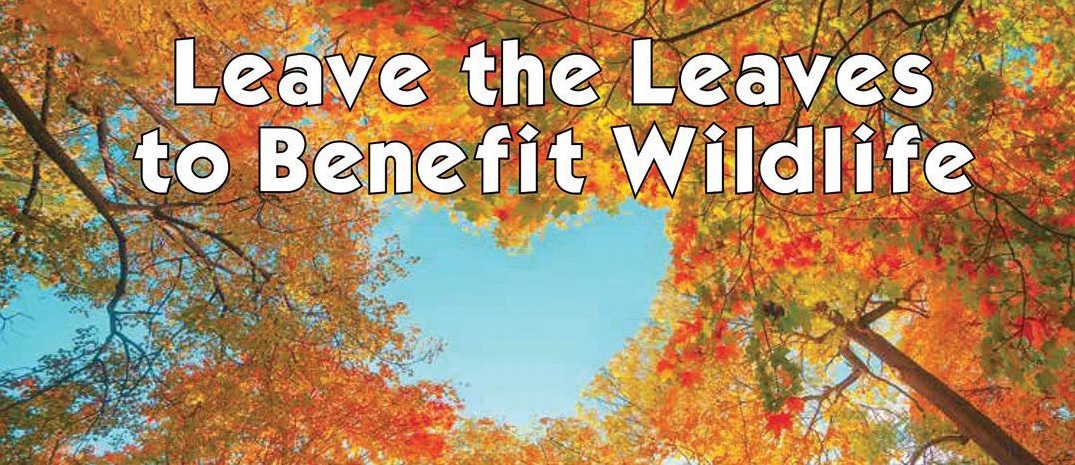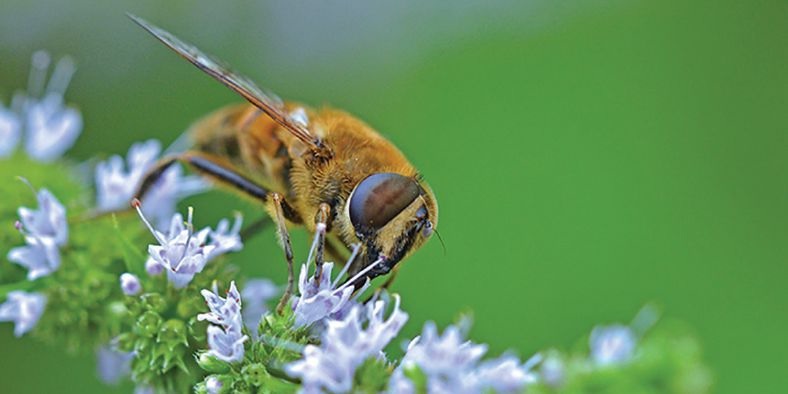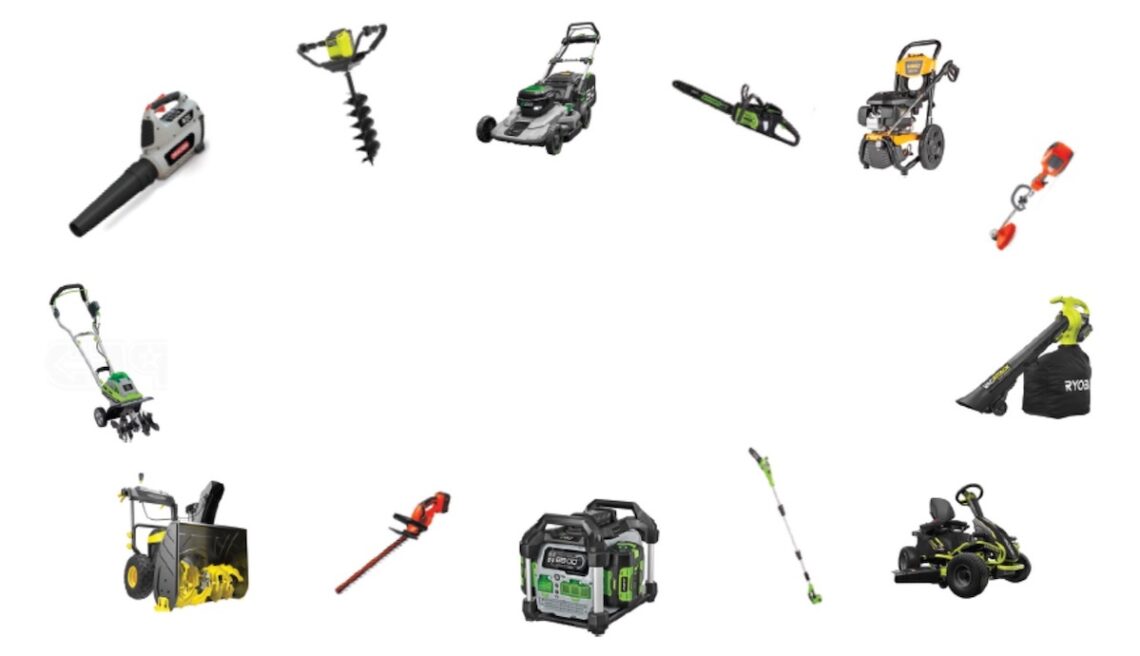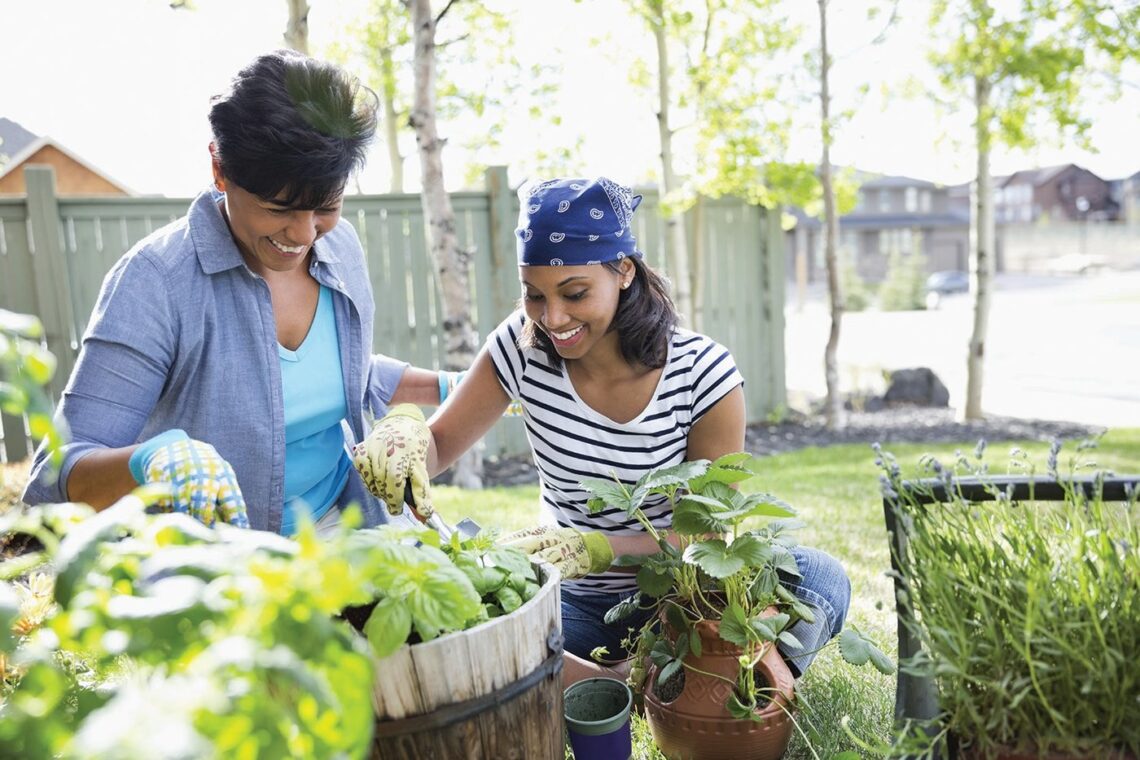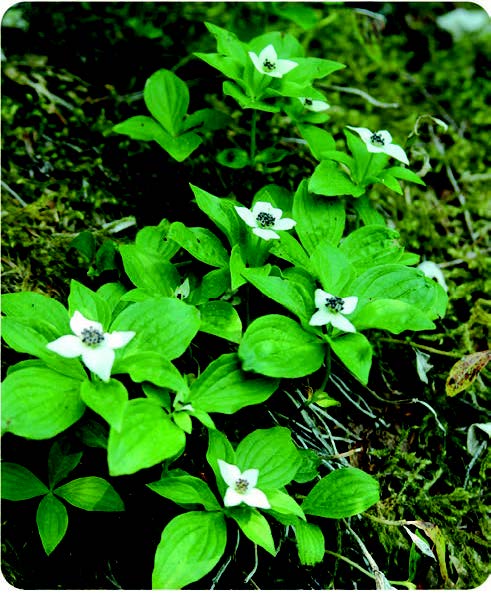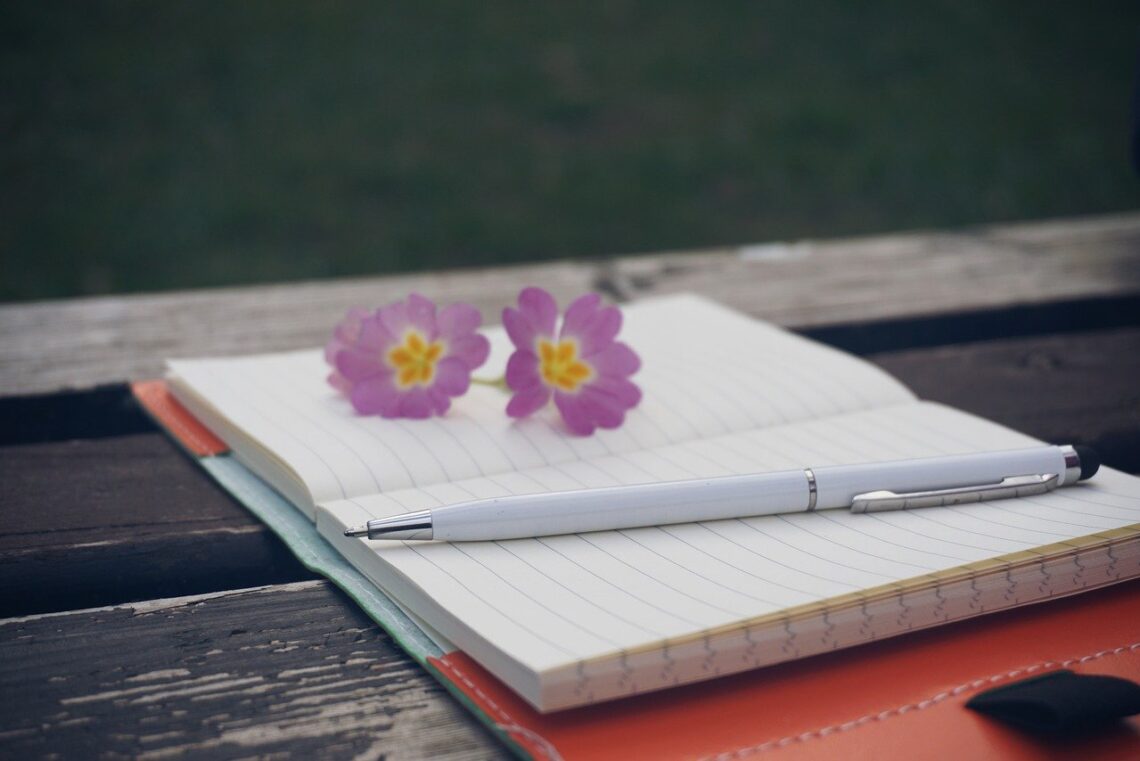A soils instructor at OSU begins his talks by telling his students that we understand so little about soil (and many other things) because we humans are too big and don’t live long enough. He illustrates by holding a handful of garden soil and asks who can see the billion bacteria contained in the soil. No one raises their hand. He asks if anyone has been here for the hundred years it took to create just the top inch of topsoil. Ditto. Needless to say, he doesn’t have to inquire about anyone’s existence throughout the millions of years it took to break down mountains into the clay that is found…
-
-
Plan to Plant an Herb Garden
Early spring is the time to plan for all kinds of gardening. Whether starting from scratch or adding to what you already have, be sure to include some herbs in your planning. Herbs come in a variety of sizes and colors, perennials and annuals, but are relatively easy to grow and maintain. So, as you choose your herbs for planting, keep the following ideas in mind. Four Common Growing Basics 1) Lots of Sun Because of their Mediterranean heritage, herbs do best in full sun. Five to six hours of sun is most suitable. A few herbs like mints will do fine in partial shade. The summer annuals – basils,…
-
Bugs in the Garden
Bugs, butterflies, and beetles – in our gardens and on our plants. Sometimes we are happy to see them, and often we are not. In either case, insects are necessary for our plants and consequently for us to survive. Some of them flit about pollinating, while others spend time eating and decomposing garden debris. Even the ones we dislike can be food for other beneficial insects, birds, and garden reptiles. Unfortunately, insects are generally in trouble, with almost 40% of insect species at risk of becoming extinct. So what can we do to help save and protect the insect ecosystem? One of the first and easiest projects we can undertake…
-
Do You Compost? And Why Not?
With every passing day, it becomes more clear that the planet is in serious danger if we don’t change our approach to protecting the environment. And while most of the onus of this change falls on national governments more so than individuals, there are still some things you can do. There are some major lifestyle changes that everyone should probably make if we are truly going to slow things down. These are things like altering your approach to transport by cutting down on how much you fly, and using public transport instead of driving where possible. It would also be helpful if the entire world stopped eating animal-based products. Aside…
-
Leave the Leaves
It is fall again, and we have harvested all of our garden produce and are making sure our outside faucets are protected against winter’s freeze. The leaves are changing color and tumbling from the trees—and that means fall cleanup in the yard and garden. For many people fall cleanup means cutting all the seed heads and stems off the flowers and raking up all of the leaves. A tidy garden and yard are what many people strive to achieve. Everything clipped back, leaves raked and removed, messy piles of branches put in the green bin for pick up. This tidiness may look nice to us, but it is not good…
-
Save Our Pollinators
Convert Your Backyard to a Bee Lawn Dear EarthTalk: What is a “pollinator lawn” and how can I make one in my backyard? —Jane W., Westbrook, CT Bees and other pollinators are essential for growing a great deal of nature’s finest foods. These include coffee, chocolate, beans, many fruits including apples, avocados, blueberries, cherries, and peaches, nuts like almonds and cashews, and vegetables such as cauliflower, broccoli, and Brussel’s sprouts, just to name a few. More than 100 U.S.-grown crops rely on pollinators. Small birds and animals also depend on a variety of pollinated wild fruits and seeds to survive. Unfortunately, the populations of bees and other pollinators, including hummingbirds, butterflies,…
-
Cordless Electric Yard Tools
About 6 years ago, we ran an article on switching your gasoline-powered lawn and garden tools to all battery-electric versions, and since then, there have been a lot of changes—time for an update. The first change is in the number of makes and models available today. A Google search for electric yard tools will bring up more than 30 brands, and each brand can have multiple types of tools (lawnmowers, edgers, leaf blowers, etc.), as well as a selection of models for many of the different tools. For instance, walk-behind lawn mowers are available in 14-inch cut to 25-inch cut and as either push or self-propelled. This range of choices…
-
Herbs can be a Green investment
Green investing typically brings to mind backing practices that support sustainable pro-environment practices. What better investment than the green in your garden? Specifically with herbs! Besides having many benefits for people and animals, herbs can be easily grown in all kinds of spaces, even containers. Furthermore, their fragrance, flavor, and fun can only be considered sustainable, definitely pro-environment, and even joyful. Here are some of the benefits of investing in herbs, along with specific ideas for herbs to focus your investing energy on. Culinary We think of herbs as delightful additions to whatever we cook and eat. Fresh or dried herbs bring out tastes from tangy/ spicy to sweet/tart. A…
-
Native Plants in the Pacific NW
& How You Can Incorporate Them Into Your Garden The last twenty years have seen a growing interest in gardening with native plants. The term “native” has several meanings, depending upon the context. “Native” is used to mean a plant species that has been in a specific region for hundreds of thousands of years and continues to be present in the landscape. Dinosaurs were surrounded by Araucaria, known today as Monkey Puzzle trees, and other conifer species; ferns, rhododendrons, and horsetail. So, these plants may be as old as 135- 180 million years. It doesn’t get more native than that. Another definition of “native” plants is that the species has…
-
Why You Should Consider Keeping a Garden Planner & Journal
Whether you have a container garden on your patio or a 4000 sq. foot garden like me keeping a garden planner and journal is one of the best investments you can make. At least, that’s what all the experts say. I have a confession: I have failed miserably at this important task. I have tried all kinds of planners: purchased and self-made, simple and complex, paper, and digital. But usually around June, I have abandoned my efforts to keep records. In the dark days of winter, I lament my absence of notes, relying on my mid-life brain to recall things that quite frankly, it can’t. But this year is different:…

